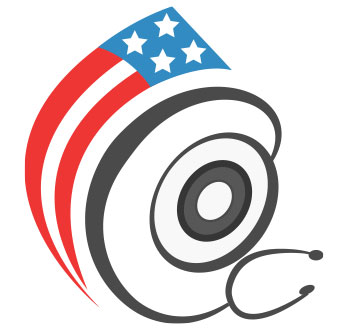Lybrel is the first birth control pill that can be taken regularly for 365 days a year, without a placebo or pill-free week. It contains the synthetic hormones, progesterone and estrogen, and works by preventing ovulation, thickening the mucus in the cervix, and changing the lining of the uterus.
Benefits of Lybrel
Lybrel is best for women who are seeking contraception and who are interested in skipping their period altogether. It provides a constant low dose of hormones so that over time women may become cycle-free. Alot of women suffer from headaches, tender breasts, cramps and nausea during their monthly period. Regular use of Lybrel can help stop these monthly symptoms.
If a woman wants to become pregnant while she is using Lybrel she can stop taking it without any side effects. It can also be used to treat acne and other hormone related problems.
Side Effects of Lybrel
Lybrel is not for every woman. Many find the monthly bleeding from their scheduled period a reassuring sign that they’re not pregnant. If you’re like these women, Lybrel may not be the best choice for you. Some women may experience irregular vagianl bleeding (spotting). Women who smoke more than 15 cigarettes a day and are above 35 years of age should not use this type of birth control. Speak with your doctor about another birth control method.
Common side effects include:
- breast tenderness;
- changes in appetite;
- dizziness;
- headache;
- mild hair loss;
- nausea;
- nervousness;
- vaginal spotting or breakthrough bleeding;
- vomiting;
- weight gain.
Severe side effects that need immediate medical attention include:
- severe allergic reactions (rash; hives; itching; difficulty breathing;
- tightness in the chest; swelling of the mouth, face, lips, or tongue; unusual hoarseness);
- breast discharge;
- breast lumps;
- calf or leg pain, swelling, or tenderness;
- change in amount of urine produced;
- chest pain or heaviness;
- confusion;
- coughing of blood;
- dark urine;
- fainting;
- mental or mood changes (eg, depression);
- migraines;
- numbness of an arm or leg;
- one-sided weakness;
- pale stools;
- persistent, severe, or recurring headache or dizziness;
- persistent vaginal spotting;
- severe pain or tenderness in the stomach;
- shortness of breath;
- slurred speech;
- sudden severe headache or vomiting;
- swelling of the fingers, hands, legs, or ankles;
- unusual or severe vaginal bleeding;
- unusual tiredness or weakness;
- vaginal irritation, discharge, or odor;
- vision changes (eg, sudden vision loss, double vision);
- yellowing of the skin or eyes.
Note: Lybrel will not protect you from HIV infection or sexually transmitted diseases.
Popular Birth Control Pills
Also Read
Can you take birth control pills continuously?
21 vs 24 Day Birth Control Pills
Precautions and side effects of Ortho 777 Birth Control




